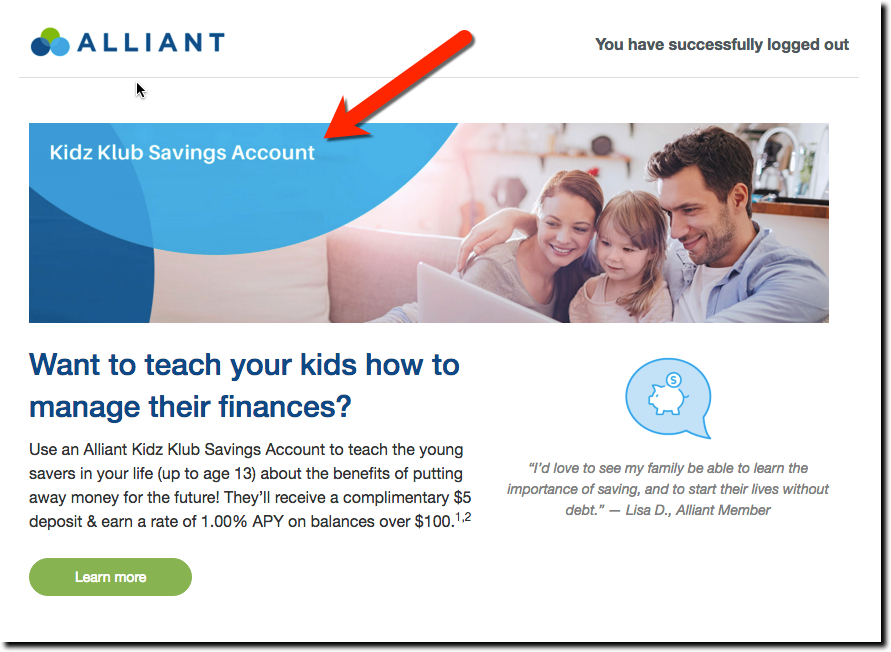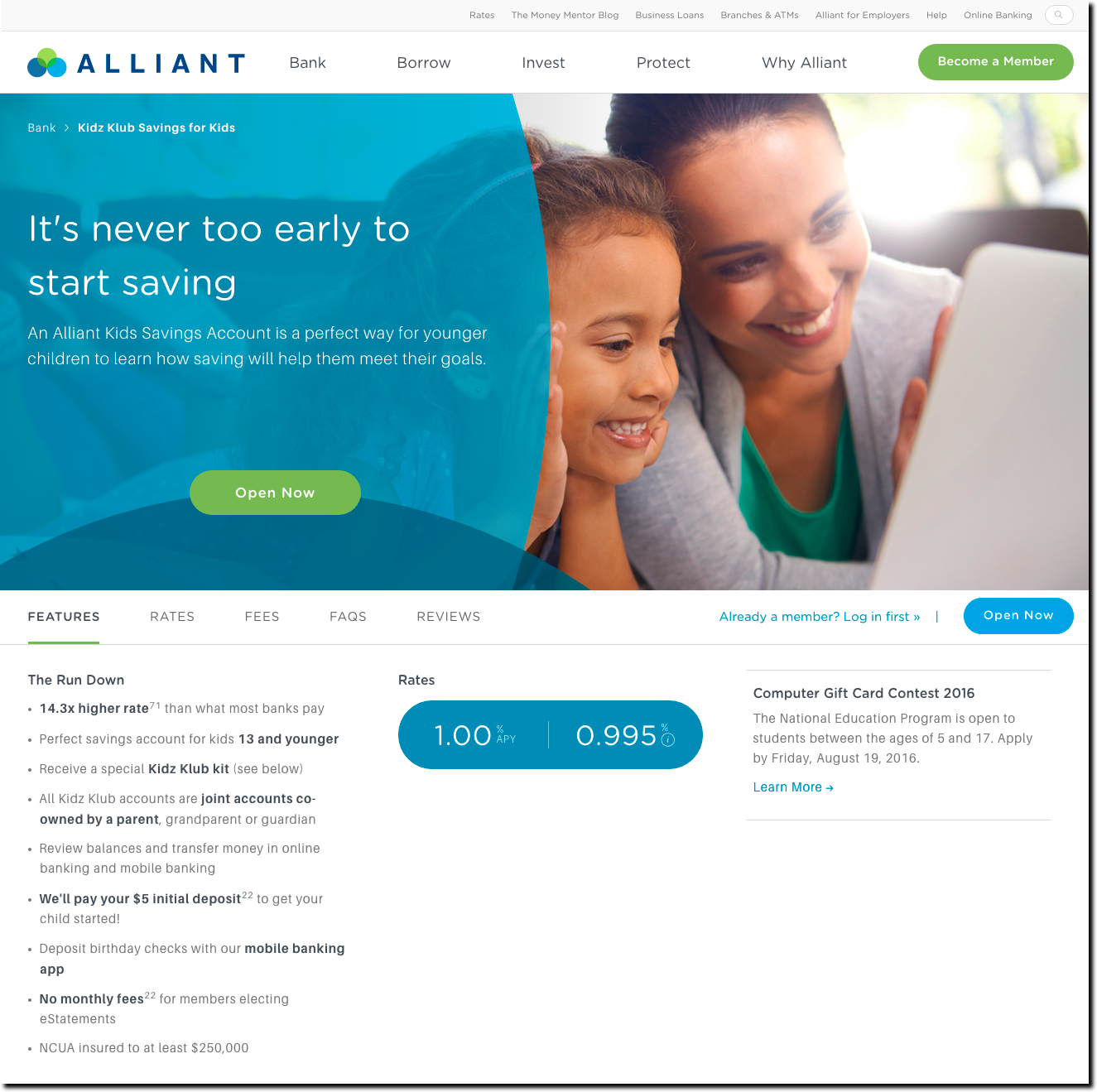 The fintech sector attracted $332 million in new capital the first week of August. The number of deals totaled 30, slightly above the YTD average of 28 deals per week. Nearly two-thirds of the money went to solar energy lender, Mosaic.
The fintech sector attracted $332 million in new capital the first week of August. The number of deals totaled 30, slightly above the YTD average of 28 deals per week. Nearly two-thirds of the money went to solar energy lender, Mosaic.
Seven deals involved insurance startups, the most ever in a single week. Four of those came out of the most recent batch of companies launched from accelerator 500 Startups, where each received $125,000 in seed capital.
The total number of deals YTD stands at 869, about 400 more than last year’s 457. Total dollars raised YTD is $19.6 billion, double the $9.8 billion raised during the same period a year ago.
——-
Fintech deals by size from 30 July to 5 August 2016:
Mosaic
Lender for solar energy installations
Latest round: $220 million Private Equity
Total raised: $245 million
HQ: Oakland, California
Tags: Consumer, credit, loans, underwriting, solar energy, home equity
Source: Crunchbase
Kyriba
Cloud cash and treasury management solutions
Latest round: $22.7 million
Total raised: $95.1 million
HQ: San Diego, California
Tags: Enterprise, institutions, accounting, commercial banking
Source: FT Partners
Huize
Insurance portal
Latest round: $15 million Series B
Total raised: $15 million
HQ: Shenzen, China
Tags: Consumer, insurance, price comparison, discovery, lead gen
Source: Crunchbase
Paidy
Online payment service
Latest round: $15 million Series B
Total raised: $15 million
HQ: Japan
Tags: SMB, B2B2C, payments, online, security, merchants, acquiring
Source: Crunchbase
Clark
Mobile insurance broker
Latest round: $14.75 million Series A
Total raised: $14.75 million
HQ: Berlin, Germany
Incubator: FinLeap
Tags: Consumer, insurance, mobile, price comparison, lead gen
Source: Crunchbase
AxialMarket
Middle market capital matchmaker
Latest round: $14 million Series C
Total raised: $44.7 million
HQ: New York City
Tags: SMB, credit, loans, underwriting, commercial loans, M&A, investment banking
Source: FT Partners
Funding Societies
Lending marketplace for small businesses
Latest round: $7.5 million Series A
Total raised: $7.5 million
HQ: Singapore
Tags: SMB, credit, loans, underwriting, person-to-person, P2P, investing
Source: FT Partners
Kubo Financiero
P2P microfinance lender
Latest round: $7.5 million Series A
Total raised: $11 million
HQ: Mexico City, Mexico
Tags: Consumer, credit, loans, underwriting, person-to-person, P2P, investing
Source: Crunchbase
Coinify
Bitcoin point-of-sale solutions
Latest round: $4 million Series A
Total raised: $4 million
HQ: Copenhagen, Denmark
Tags: SMB, merchants, acquiring, POS, bitcoin, blockchain, crypto-currency
Source: Crunchbase
Privitar
Big-data analytics for financial institutions
Latest round: $4 million
Total raised: $5 million
HQ: London, England, United Kingdom
Tags: Institutions, analytics, BI, compliance, security
Source: FT Partners
VaultInvesting
Retirement plans for small businesses
Latest round: $1.55 million Seed
Total raised: $1.55 million
HQ: Seattle, Washington
Tags: SMB, investing, retirement planning, 401(k), employee benefits, HR
Source: Crunchbase
MovoCash
P2P payments
Latest round: $1.46 million
Total raised: $2.16 million
HQ: Palo Alto, California
Tags: Consumer, person-to-person, payments, funds transfer, remittances
Source: Crunchbase
Wealthify
Robo-adviser
Latest round: $1.3 million Equity Crowdfunding
Total raised: $1.3 million
HQ: Cardiff, England, United Kingdom
Tags: Consumer, advisers, wealth management, investing
Source: Crunchbase
Finja
Mobile wallet
Latest round: $1 million Seed
Total raised: $1 million
HQ: Lahore, Pakistan
Tags: Consumer, payments, mobile
Source: Crunchbase
RightCapital
Financial planning software for advisers
Latest round: $1 million Seed
Total raised: $1 million
HQ: New York City, New York
Tags: Advisers, wealth management, trading, investing
Source: Crunchbase
QuickGifts
Giftcard portal
Latest round: $500,000 Debt
Total raised: $3.97 million
HQ: Austin, Texas
Tags: Consumer, prepaid cards, gift cards, loyalty, payments
Source: Crunchbase
BrightPolicy
Home insurance portal
Latest round: $125,000 Seed
Total raised: $125,000
HQ: Evanston, Illinois
Accelerator: 500 Startups
Tags: Consumer, insurance, price comparison, discovery, lead gen
Source: Crunchbase
Homebot
Maximizing home equity
Latest round: $125,000 Seed
Total raised: $125,000
HQ: Denver, Colorado
Accelerator: 500 Startups
Tags: Consumer, mortgage, home equity lending, retirement planning, investing
Source: Crunchbase
INZMO
Mobile insurance provider
Latest round: $125,000 Seed
Total raised: $380,000
HQ: Tallinn, Estonia
Accelerator: 500 Startups
Tags: Consumer, insurance, price comparison, discovery, lead gen
Source: Crunchbase
StreamLoan
Workflow solution for residential home purchase
Latest round: $125,000 Seed
Total raised: $125,000
HQ: San Francisco, California
Accelerator: 500 Startups
Tags: Institutions, lenders, mortgage, lending, customer service, mobile, account opening
Source: Crunchbase
SureBids
Remittance provider
Latest round: $125,000 Seed
Total raised: $125,000
HQ: Lago, Nigeria
Accelerator: 500 Startups
Tags: Consumer, payments, remittances, gift cards
Source: Crunchbase
TaCerto
Online insurance broker
Latest round: $125,000 Seed
Total raised: $4.1 million
HQ: Sao Paulo, Brazil
Accelerator: 500 Startups
Tags: Consumer, insurance, discovery, price comparison, lead gen
Source: Crunchbase
Track
Self-employment tax payments
Latest round: $125,000 Seed
Total raised: $125,000
HQ: Palo Alto, California
Accelerator: 500 Startups
Tags: SMB, payments, tax prep, accounting
Source: Crunchbase
Trym
Insurance broker
Latest round: $125,000 Seed
Total raised: $125,000
Accelerator: 500 Startups
Tags: Consumer, insurance
Source: Crunchbase
AssetRover
Real estate investing tool
Latest round: $20,000 Seed
Total raised: $20,000
HQ: Cedar Rapids, Iowa
Tags: Consumer, investing, real estate
Source: Crunchbase
FixtHub
Fixed income markets enterprise software
Latest round: Undisclosed
Total raised: Unknown
HQ: New York City
Tags: Institutions, trading, bonds, investing
Source: Crunchbase
AxiCorp
Forex services
Latest round: Not disclosed
Total raised: Unknown
HQ: North Sydney, Australia
Tags: Consumer, SMB, FX, trading, investing
Source: FT Partners
DisLedger
Distributed ledgers for financial community
Latest round: Undisclosed Seed
Total raised: Unknown
HQ: Reston, Virginia
Tags: Institutions, blockchain, payments, bitcoin
Source: Crunchbase
Meeber
Mobile point-of-sale system
Latest round: Not disclosed
Total raised: Unknown
HQ: Singapore
Tags: SMB, payments, merchants, credit/debit cards, acquiring, POS
Source: Crunchbase
Qupital
Marketplace for corporate receivables
Latest round: Undisclosed
Total raised: Unknown
HQ: Hong Kong
Tags: SMB, credit, underwriting, factoring, trade finance, receivables financing
Source: Crunchbase




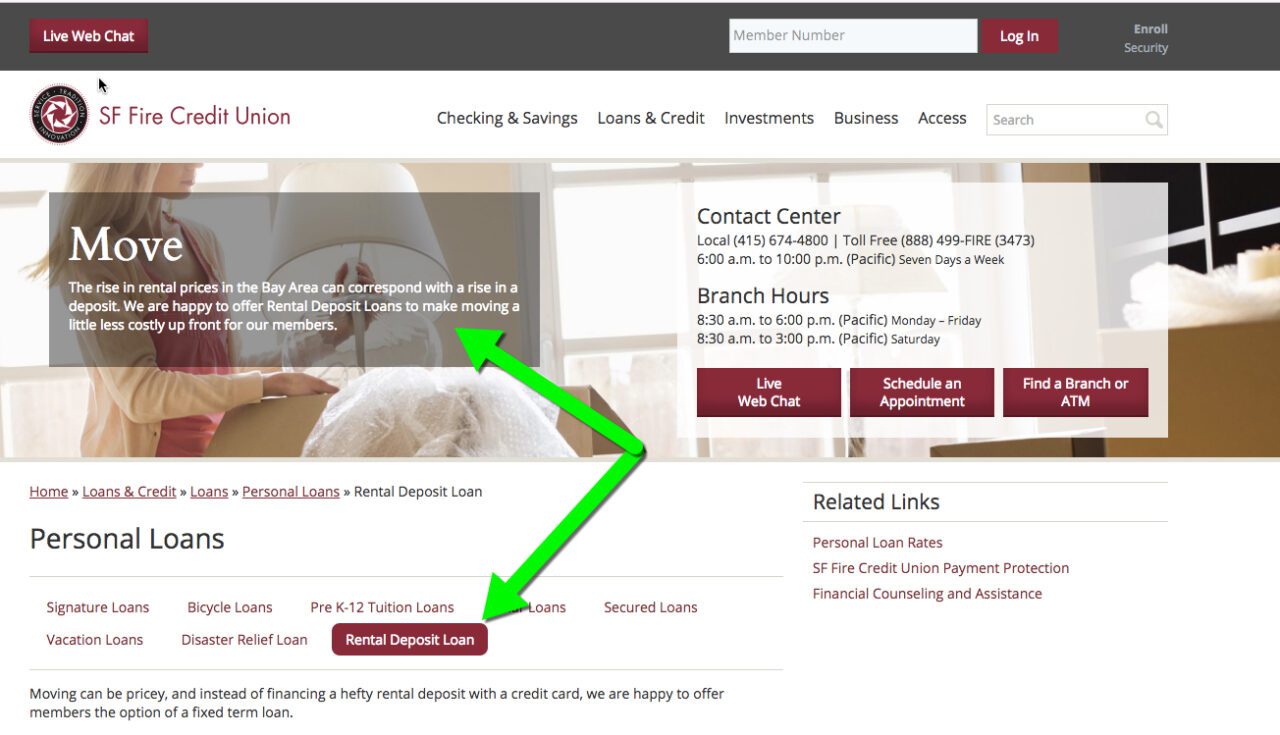

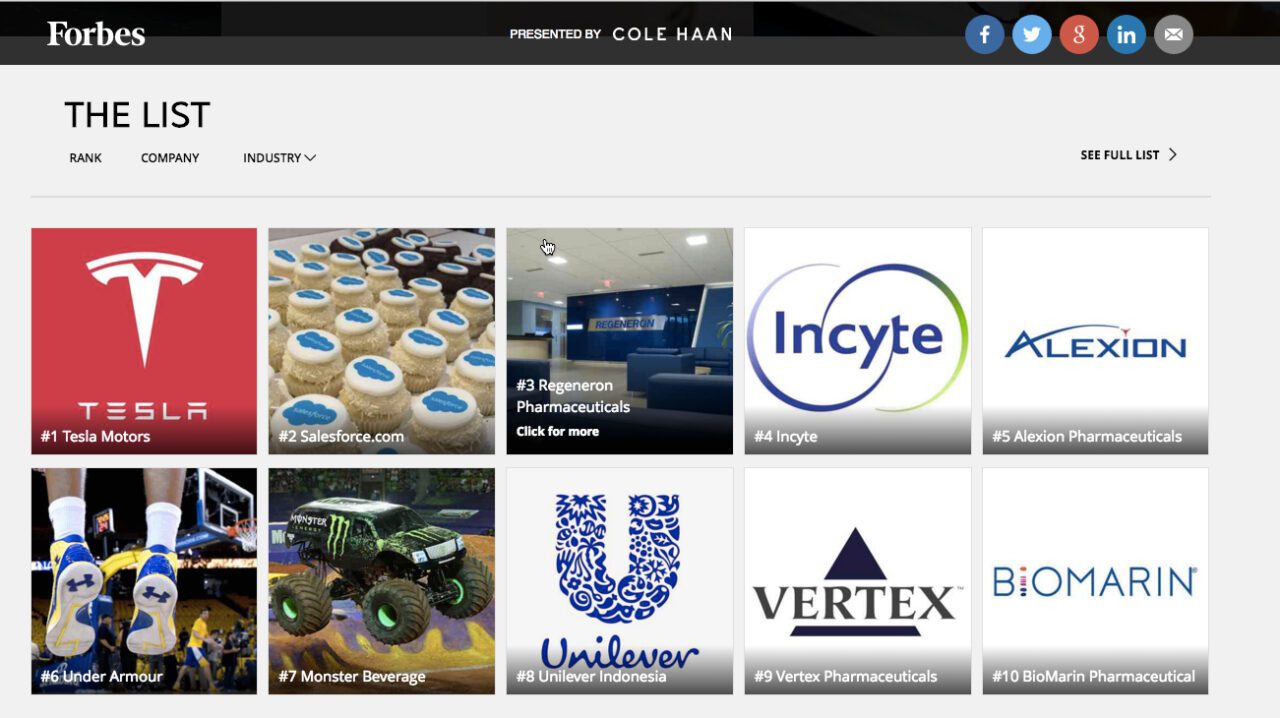
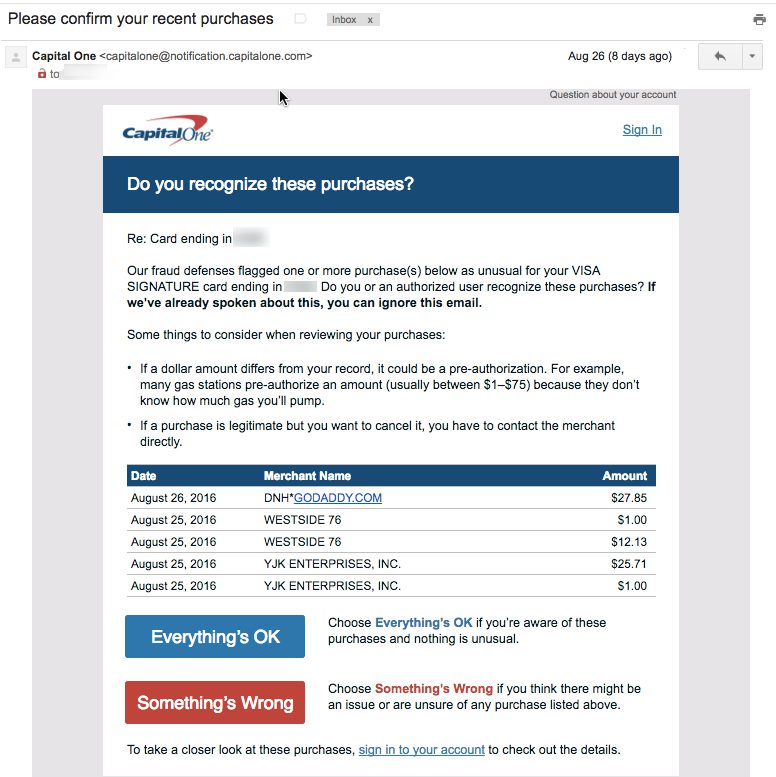
 For the third year in a row, I traveled from Seattle to the L.A.-area to drop off my son at college. And for the third year in a row, Bank of America declined my card at Target, buying groceries and incidentals for him. And this time it was an EMV chip-card. Thank goodness I had my trusty Capital One card along, because it seems to do a far better job minimizing false positives (for fraud), at least for my account.
For the third year in a row, I traveled from Seattle to the L.A.-area to drop off my son at college. And for the third year in a row, Bank of America declined my card at Target, buying groceries and incidentals for him. And this time it was an EMV chip-card. Thank goodness I had my trusty Capital One card along, because it seems to do a far better job minimizing false positives (for fraud), at least for my account. The fintech sector attracted $332 million in new capital the first week of August. The number of deals totaled 30, slightly above the YTD average of 28 deals per week. Nearly two-thirds of the money went to solar energy lender, Mosaic.
The fintech sector attracted $332 million in new capital the first week of August. The number of deals totaled 30, slightly above the YTD average of 28 deals per week. Nearly two-thirds of the money went to solar energy lender, Mosaic.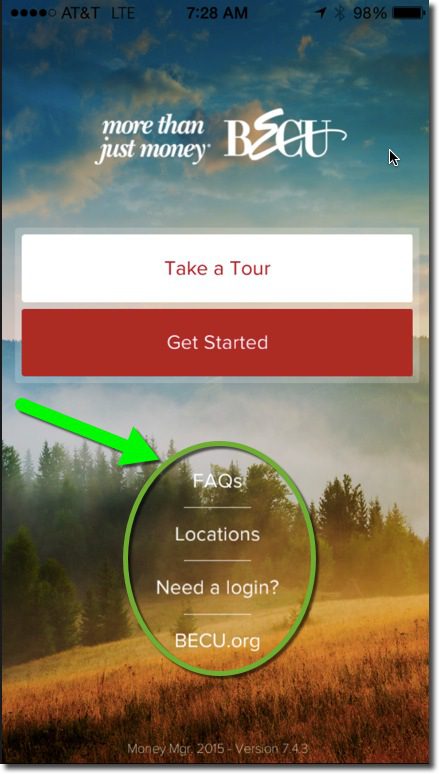
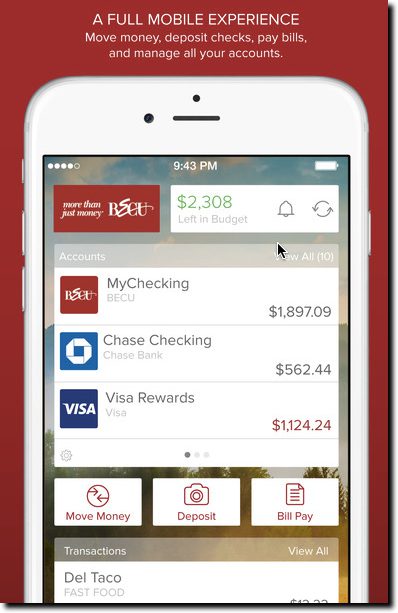 The ongoing migration to mobile provides financial institutions a chance to reboot their approach to delivering information digitally. Digital banking v1.0 (desktop online banking) was primarily about porting paper-based statements into an online format. It was a huge change and made banking more convenient, though not really any more effective than the paper-and-call-center system it replaced.
The ongoing migration to mobile provides financial institutions a chance to reboot their approach to delivering information digitally. Digital banking v1.0 (desktop online banking) was primarily about porting paper-based statements into an online format. It was a huge change and made banking more convenient, though not really any more effective than the paper-and-call-center system it replaced.
 The bank isn’t commenting on this particular loan application, so we don’t know if there are other extenuating circumstances. Perhaps the couple had a debt go into collection or other credit problems. But since I’ve personally run into similar problems while maintaining excellent credit, I believe the couple’s story is probably accurate.
The bank isn’t commenting on this particular loan application, so we don’t know if there are other extenuating circumstances. Perhaps the couple had a debt go into collection or other credit problems. But since I’ve personally run into similar problems while maintaining excellent credit, I believe the couple’s story is probably accurate.